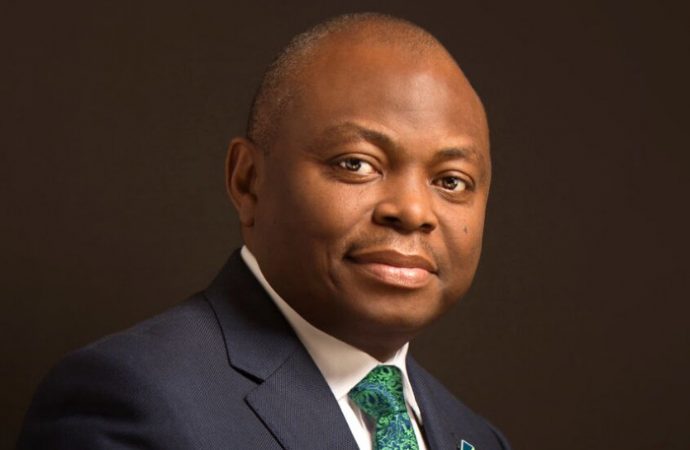- Fidelity Bank Disburses N2.2bn MSME Fund
The Managing Director/Chief Executive Officer of Fidelity Bank Plc, Mr. Nnamdi Okonkwo yesterday said the bank had disbursed about N2.2 billion out of the Central Bank of Nigeria’s (CBN’s) N220billion micro, small and medium size enterprises development fund (MSMEDF).
Okonkwo, who also said the bank has also received repayment of N400million, pointed out that the CBN is very committed to the disbursement of the fund.
He made the remarks during the Fidelity SME Forum, a radio programme sponsored by the bank, which he anchored on Inspiration 92.3 FM. The programme featured Nollywood Actress and Founder of You & I with Monalisa Television show, Ms. Monalisa Chinda.
While reacting to a caller’s concern on the feasibility of accessing the fund by businesses such as the Aba shoe makers, the bank CEO said some traders from Aba had been able to access the fund.
Okonkwo said: “We’ve done about N2.2 billion. We’ve got repayment of N400 million and we haven’t had default because of the process through which these funds were accessed. So, because the CBN cannot go to Aba and start lending money, that’s why they need banks like Fidelity Bank. Our team spent about two weeks there (Aba shoe market). We planted a branch there and we are even lending to more and more of these customers.
“So really, I just want to encourage people even though sometimes government may not have met with all our expectations, but let us also realise that some good things are happening and take advantage of them.”
The bank chief also revealed that Fidelity Bank had partnered the Monalisa show in the aspect of funding and hand-holding of budding entrepreneurs showcased on the TV programme.
He said: “Apart from the fact that we have team members who would help you with basic finance, we also collaborate with Lagos Business School Enterprise Development Center to run programmes periodically that will help budding entrepreneurs understand these basics.”
On her part, Chinda disclosed that her diversification into the talk-show business was borne out of her desire to reach out to people who she said were going through a lot of issues.
Sharing the experience she had with Aba shoe makers on her show at the shoe factory, Chinda said: “We need to take some of these products and really brand them. We can actually compete with the Western world if given the right technology, right funding and workable space and protection.”
Chinda advised budding entrepreneurs: “Don’t give up, don’t stay in your comfort zone, get up and move, go and achieve that dream of yours.”


 Forex3 weeks ago
Forex3 weeks ago


 Naira2 weeks ago
Naira2 weeks ago
 Billionaire Watch2 weeks ago
Billionaire Watch2 weeks ago




 Naira2 weeks ago
Naira2 weeks ago




 Naira2 weeks ago
Naira2 weeks ago




 Naira1 week ago
Naira1 week ago




 Naira4 weeks ago
Naira4 weeks ago




 Naira3 weeks ago
Naira3 weeks ago





















